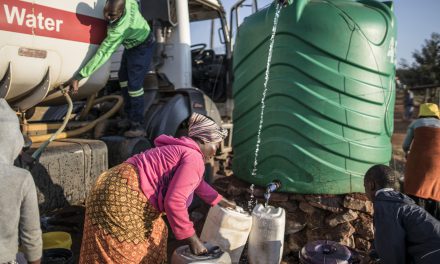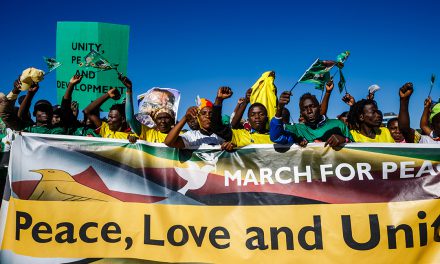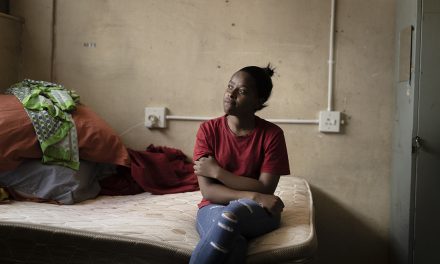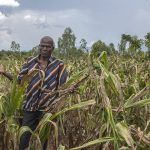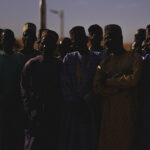Good Governance Africa (GGA) welcomes the news conference hosted by Dr. Nevers Mumba, the head of the Southern African Development Community Electoral Observer Mission (SEOM), on 25 August 2023. This press conference presented the mission’s preliminary findings on the Zimbabwe elections. GGA appreciates the mission’s objectivity in observing the electoral processes in Zimbabwe.
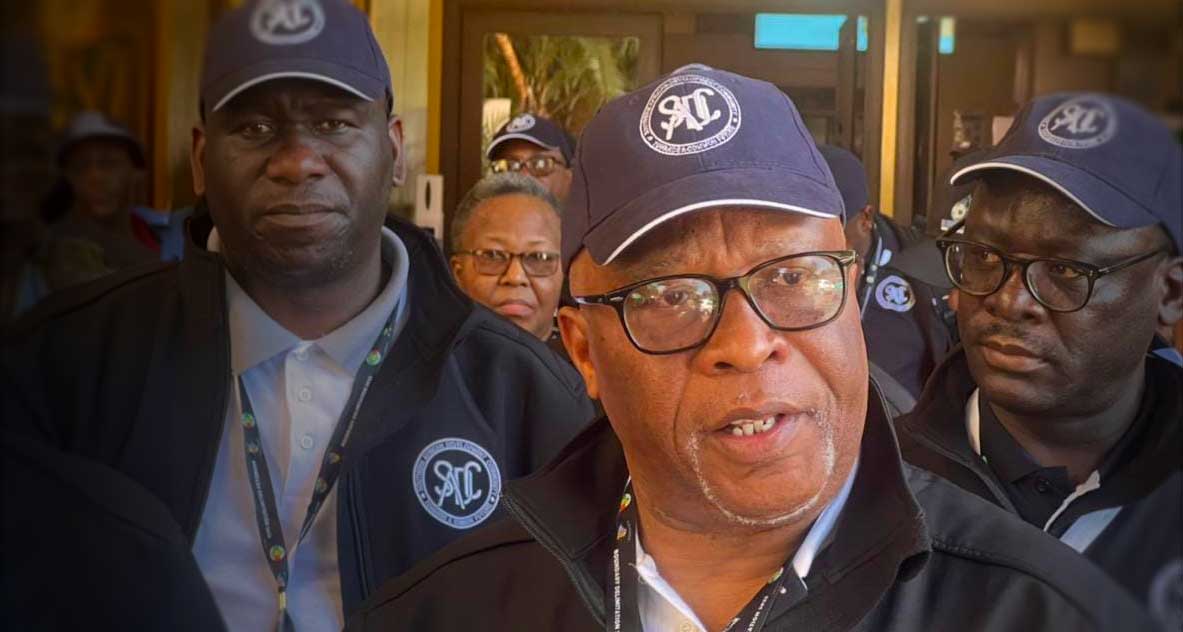
Dr Nevers Sekwila Mumba, SADC Head of Mission.
As an organisation that has been calling for good governance, and free and fair elections in SADC and the African continent, we welcome the affirmation of our concerns around the Zimbabwe elections. The SEOM makes an interesting observation on the glaring disparities between the Patriotic Act and the Zimbabwe constitution. As we had previously expressed and warned, the Act borders on hampering freedom of expression and thus undermines the principles of free and fair elections. Similarly, on issues around freedom of expression and freedom of assembly, we also value the African Union’s (AU) opinions on the abuse of the Public Order and Security Act during the election season.
The SEOM noted ZEC’s failure to release the voters roll on time and the negative impacts that such an act has on audit processes that candidates would ordinarily embark on. The release of the voters roll is enshrined in the Electoral Act, which is empowered by the Zimbabwe Constitution. Withholding the voters roll based on reasons that could have otherwise been managed, hampers the constitutional requirement for free, fair, efficient, and transparent elections.
Reflecting on the extent to which the election may have been open to contestation without undue exclusion of potential candidates, the SEOM cautioned on using financial capacity to exclude candidates from contesting the election. In this instance, reference was made to the unexplainable increase of the Presidential nomination fee from $1000 to $20,000 and the nomination fee for constituency election from $50 to $1000.
It is GGA’s considered view that in a nation where there is a severe lack of economic participation and a high level of inequality, the nomination fee increase was an exclusionary measure that sought to do nothing but benefit the ruling elite.
In our election tracker, we have been covering incidents of voter intimidation and broader reports on the treatment of voters in various voting stations. Any future efforts at strengthening Zimbabwe’s democracy and electoral processes will have to focus on enhancing the rights and freedoms of voters. The voters must be protected from intimidation and violence. Without this, we are likely to see an increase in voter apathy, which may lead to violence in some instances.
We implore all people who value democracy, civil society organizations, and international organizations, in particular SADC and the AU, to continue monitoring the situation in Zimbabwe and to take steps to boldly address the glaring electoral irregularities in that country.
We must redouble our efforts to support the citizens of Zimbabwe, the country’s institutions, and democracy.


